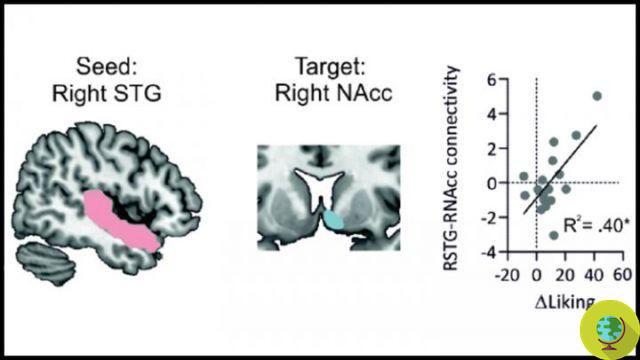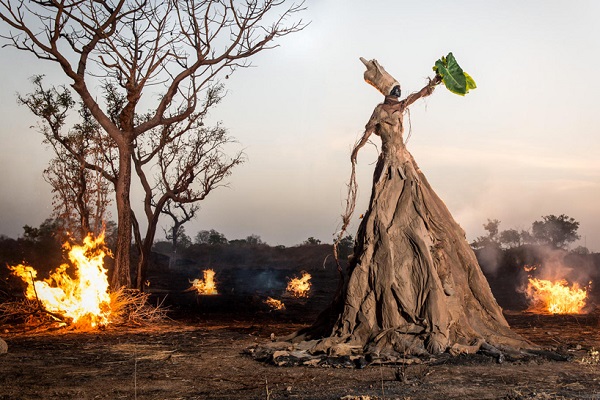The Atlas of Emotions is a book that allows an incredible journey into 156 emotional nuances that belong to man. A mapping never done, fun, curious and for everyone.
If thanks to Paul Ekman we knew that there are at least 6 emotions (happiness, sadness, anger, disgust, fear and surprise) whose manifestation also varies according to the reference culture, today thanks to theAtlas of human emotions di Tiffany Watt Smith we are certain that the spectrum of emotions at our disposal is much broader.
The essay, just published by Utet Books (22 euros, also in ebook version) presents the "156 emotions that you have felt, that you do not know you have felt, that you will never feel". The author is a cultural historian and she is part of the steering committee of the Center for the History of the Emotions, where she - today - is involved in investigating the history of compulsive imitation: from the phrenology of the Victorian era to the most recent studies on mirror neurons.
Of course, a book was not needed to let us know that ours emotions can have infinite shades but this volume has various merits, in addition to the pleasantness of reading: it brings together, in a sort of map, all (or almost, perhaps) the affective differences that exist between peoples (showing us at the same time that, after all, we are equal realities); he informs us that a scientific name has also been given to the various nuances of moods that accompany us in life; is a fun and curious collection.
It is not just about terminologies and languages that capture particular aspects (for example, only the Inuit call iktsuarpok the mixture of anxiety, nervousness, excitement and happiness experienced by those waiting for the arrival of guests at home, or the response to an important email; for the Finns, kaukokaipuu it is the inexplicable nostalgia for a place we have never been to; the Spaniards call embarrassment the empathic embarrassment of those who witness the foolishness of others) but also of science.
Raise your hand if you have never had the impression of having heard your mobile phone ring, even when it was not true: therefore we have probably suffered from laringxiety. According to psychologist David Laramie, who first defined this state, it is mild, ringing anxiety.
Read also: Ahmed, the artist who transforms emotions into drawings (PHOTO)
Probably everyone has also happened to feel song. Song is the name that the inhabitants of Ifaluk, a small island in the Pacific Ocean where people live according to a culture based on interdependence and collaboration, give to the anger they feel when someone violates one of the key principles of their system of values, by refusing to share an object or asset. If a turtle hunter does not distribute his prey in perfectly equal portions, or if a woman smokes a cigarette without offering a shot to the others present as well, the one who has not received equal attention is neither trying to hide disappointment, nor to hold back. from giving a harsh moral judgment.
Awumbuk instead it is the sense of emptiness that remains after the departure of a guest: the noises echo within the walls of the house. The space that seemed so small while he or she was still here now seems extraordinarily large. If we have not been able to give us an answer on the meaning of this apparent contradiction, we can use the vision of the Baining, who live in the mountains of Papua New Guinea: when people leave, in order to travel lighter they leave their blanket of heaviness. , which can hang around the house for about three days. By the way, they have a particular remedy to remedy the inconvenience: as soon as the guests have gone, they fill a bowl of water and leave it at home for a whole night, to absorb the "heaviness"; the next morning they throw this water into nature. They will then be able to resume their life normally. In the case of a sense of emptiness as a guest, you can always try.
Read also: NEGATIVE EMOTIONS: HOW TO LEARN TO MANAGE THEM AND TRANSFORM THEM INTO POSITIVITY
Again: if you have relatives, friends or acquaintances who feel an irresistible attraction towards dilapidated buildings and abandoned places, know that they are affected by Ruinenlust.
Apart from taste, what about fear? For the Pintupi, inhabitants of the deserts of Western Australia, there are fifteen different types. Some may also concern us: whoever fears that someone else wants to take revenge on him for something is trying swallow. The unpleasant feeling of having someone approaching us at night has a name: kamarrarringu.

In short, to sum it up: this is a really funny, interesting book.
To read maybe while standing cosiness, comfortable, embraced or in any case close to someone who is dear to us.


























